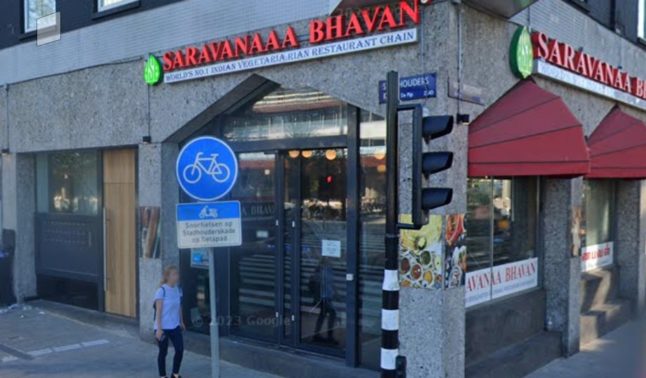‘Trailing spouse’ is a term that refers to a person who follows their husband or wife to another country for work.
In Switzerland, these people are included under the ‘family reunification’ clause.
Under this rule, spouses and minor children of the person who is employed in Switzerland can live here as well.
If the breadwinner has a B permit (the most frequent one granted to eligible foreigners when they first arrive), then his or her spouse will have the same residency rights as well.
What happens to the ‘trailing spouse’ in case of divorce?
According to State Secretariat for Migration (SEM), “in the case of divorce, family members lose their right to remain in Switzerland.”
However, this doesn’t necessarily mean that you will have to leave the country; you may be allowed to stay under certain conditions.
As is usually the case in Switzerland, EU / EFTA citizens (Norway, Iceland, and Liechtenstein) can remain.
Even if you came in a role of a trailing spouse, you can continue to live in the country for up to three months — provided you have sufficient financial resources to do so and will not resort to government help.
If, after this time period, you find employment, you can apply for a permit in your own right, rather than still being ‘tied’ into your former spouse’s residence status.
READ ALSO: Just how freely can EU citizens move to (and within) Switzerland?
What about people from outside EU /EFTA?
Things are more complicated for them, but not impossible.
Third-country citizens divorced from their breadwinner spouses could be allowed to remain in Switzerland if these conditions are met:
Length of marriage
You were married for at least three years and have lived in the same household with your former spouse (Swiss or foreign national).
Integration
You are well integrated in Switzerland, have the required language proficiency, and are employed or pursuing education.
Safety
You need to stay in Switzerland for imperative personal reasons — for instance, you would be in danger in your home country, or your home country is engaged in war or internal conflicts (as is the case with Ukraine).
Note, however, that all these conditions apply only to people with B permits. Those who have a C permit can continue to live in Switzerland regardless of their marital status.
What if you are married to a Swiss citizen rather than foreigner? What are your rights in case of divorce?
If you have become naturalised during your marriage, then you needn’t worry.
But if you remained a foreigner, then your right to remain in Switzerland is determined by your nationality.
This means that you will have more leeway if you have a passport from a EU / EFTA state, and will have to jump through more hoops if you come from a third country.
READ ALSO: What happens to your Swiss passport in case of divorce?



 Please whitelist us to continue reading.
Please whitelist us to continue reading.
Member comments